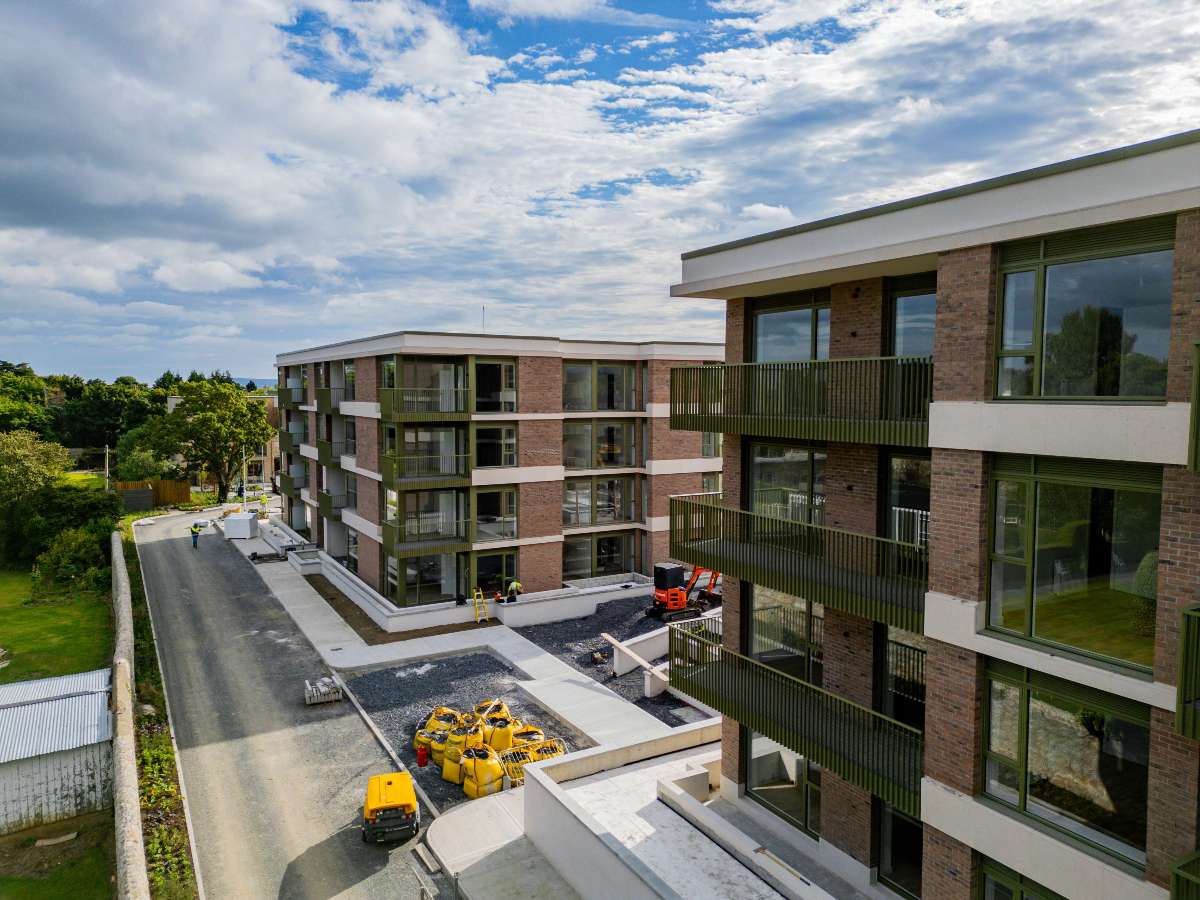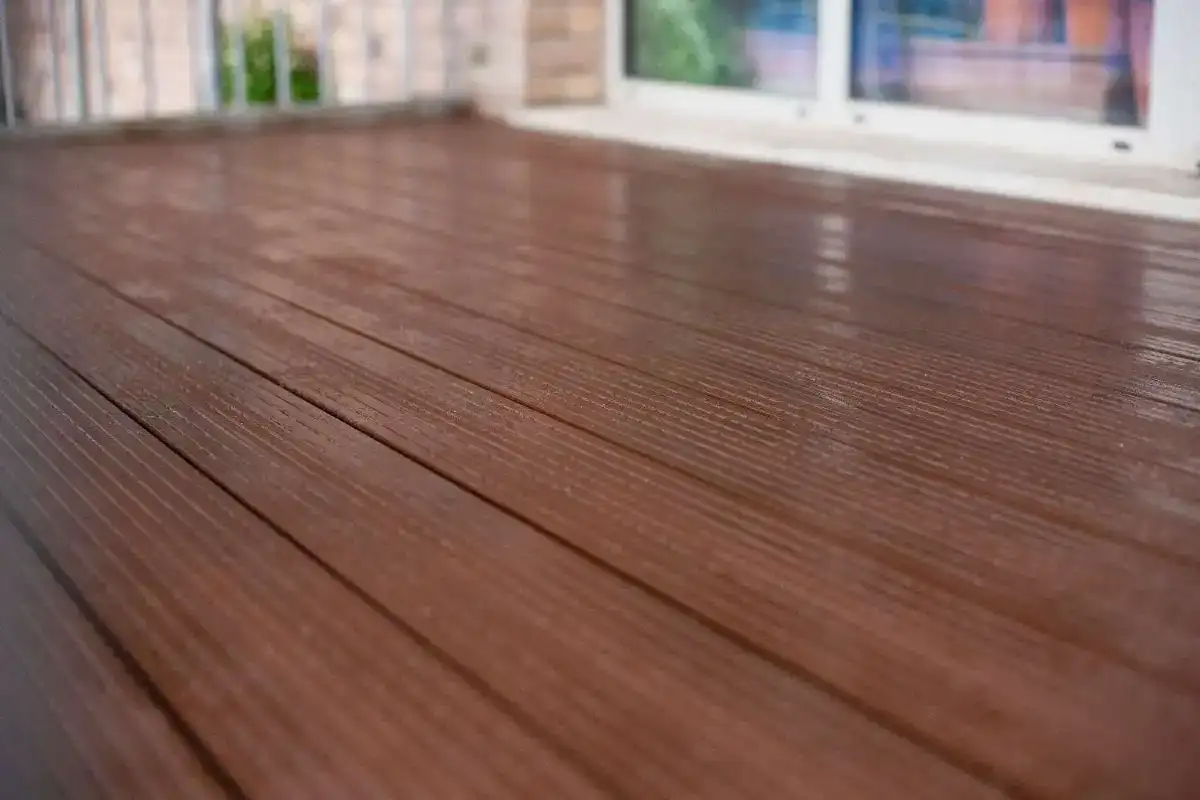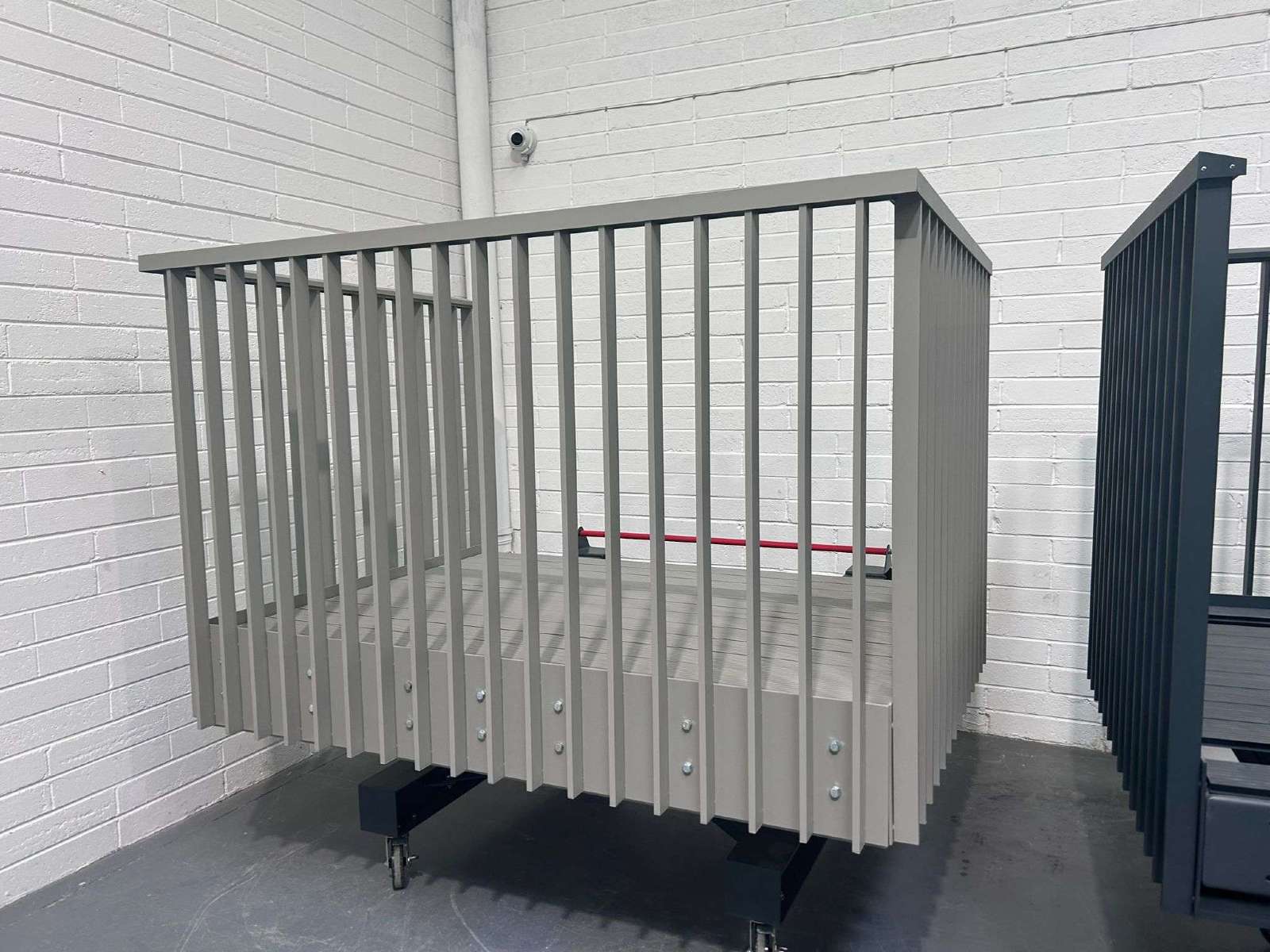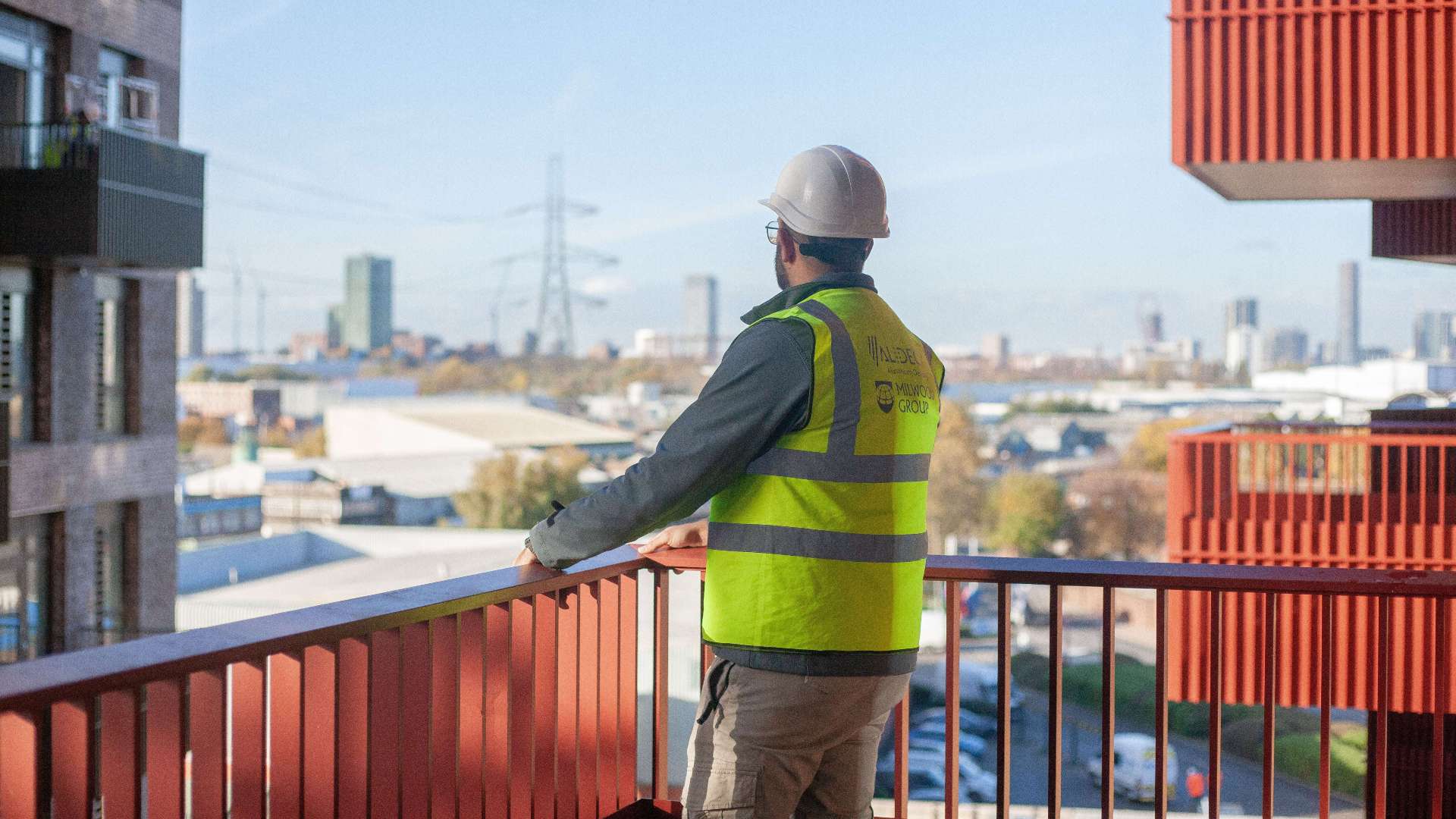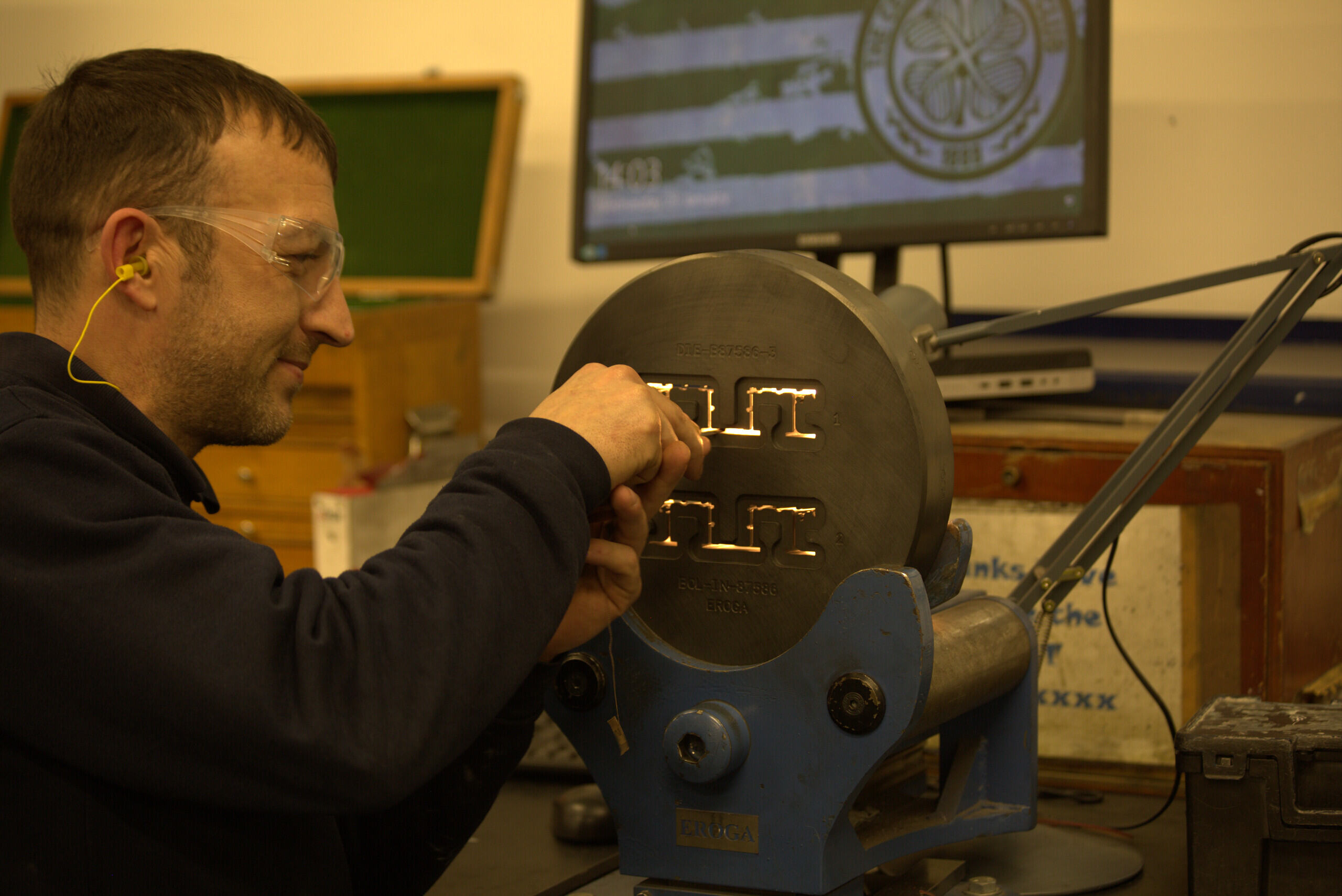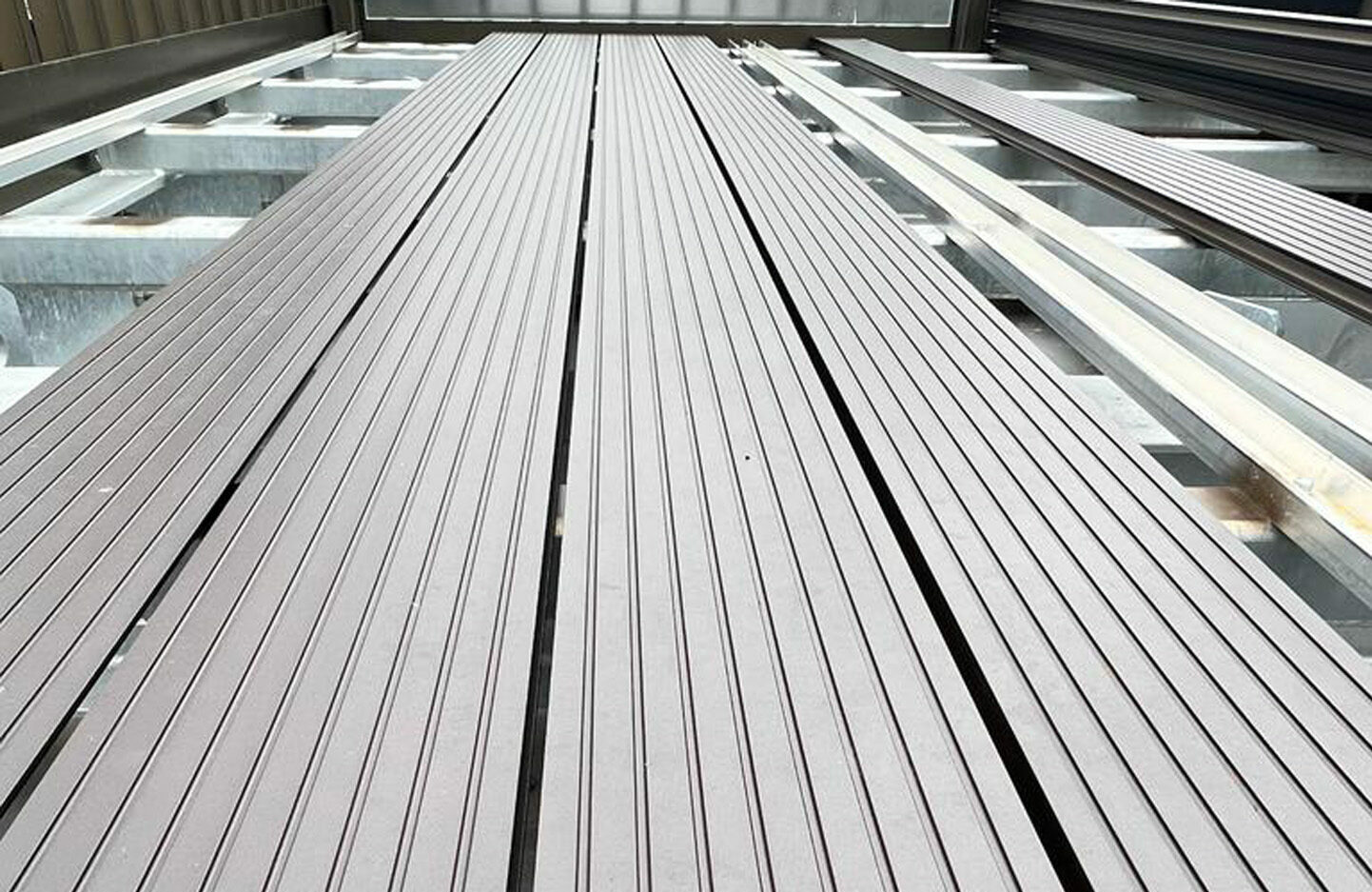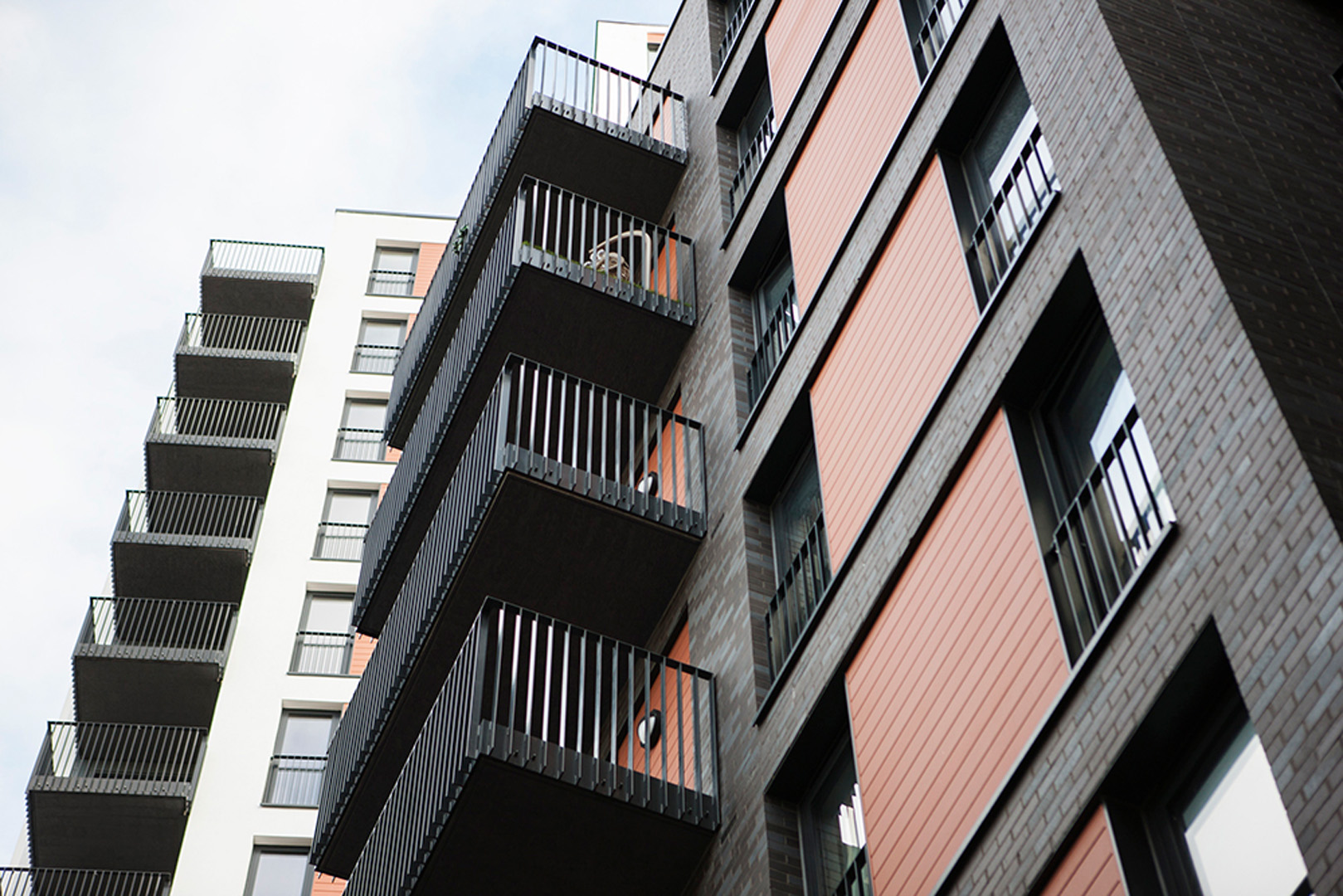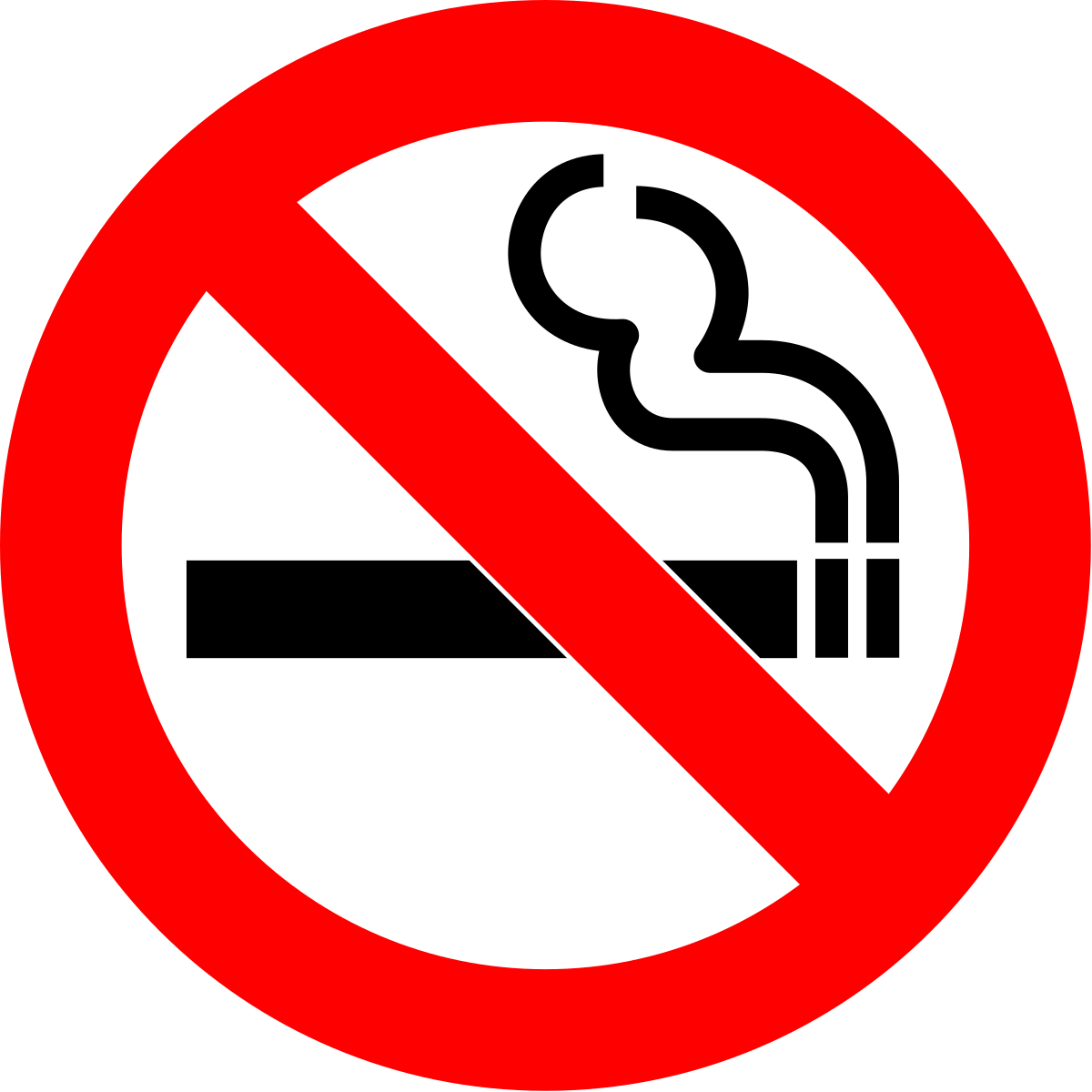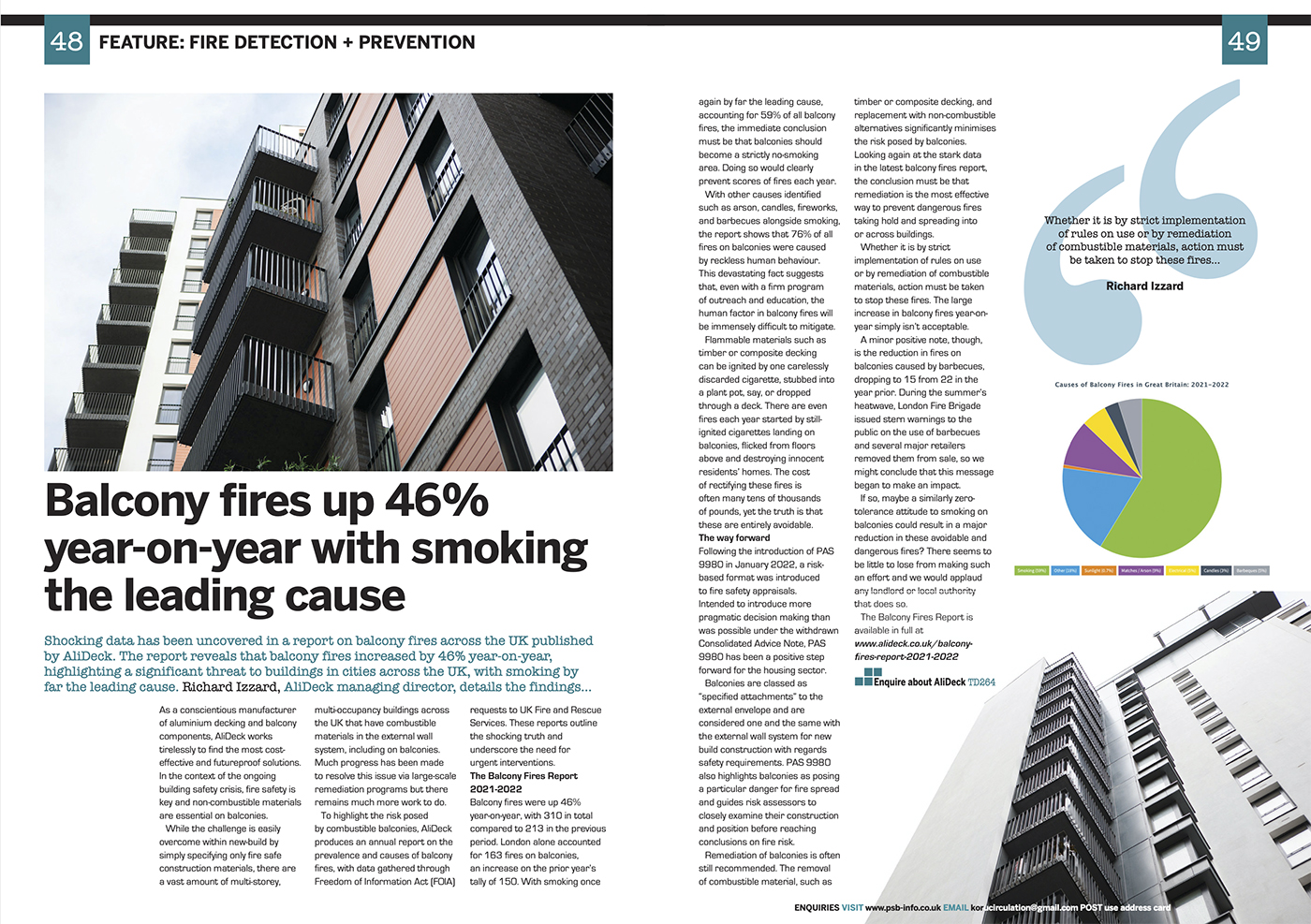Balcony Fires of Great Britain Report: 2020-2021
Following up on our Balcony Fires Report 2017 to 2020, AliDeck have recently conducted further research into the prevalence and causes of fires on balconies for the period 1st August 2020 to 31st July 2021. Once again, we received shocking data from fire and rescue services around the UK that revealed there were at least 213 balcony fires across our nation through the period, and that the majority were caused by smoking materials and other reckless human behaviour.
Smoking materials once again account for the majority of fires on balconies, with just under half of all recorded fires on balconies being caused by smoking.
By raising awareness of these startling facts, AliDeck hope to encourage more people to quit smoking, bringing benefits to their health and also helping them to be able to enjoy their balcony in a more fire safe way.
Changing human behaviour will always be very difficult, so the surest way to reduce the risk of balcony fires remains the removal and replacement of combustible materials, such as timber or composite balcony decking. Non-combustible alternatives such as aluminium are A Rated for fire and fully compliant with all legislation and building regulations, solving the issue at a stroke.
Causes of Balcony Fires in Great Britain: 2020-2021
London Fire Brigade again reported the highest incidence of balcony fires, with 150 fires on balconies across the year, more than half being caused by smoking materials. Hampshire saw 7 balcony fires in the period, while Manchester suffered 6, with East Sussex and West Yorkshire each experiencing 5 balcony fires; closer to AliDeck’s home, Kent suffered 3 balcony fires with 2 being due to smoking.
Richard Izzard, AliDeck managing director, said “We have been beating this drum for a long time now, that construction materials on balconies must be non-combustible; not only to achieve compliance with regulations and Government building safety advice but to help protect against the risk of major fires. The Balcony Fires Report that we published last year highlighted the human factor in the majority of balcony fires and that trend is repeated in this new data.”
“Changing human behaviour to achieve fire safety should certainly be a goal to work towards but the reality is that the surest route to fire safe balconies is to use non-combustible materials.”
Quit smoking or remove combustible materials to reduce risk
The most shocking aspect of these devastating statistics is that these smoking-related balcony fires are completely avoidable. By people quitting smoking and therefore removing the materials that might cause a blaze, the risk of smoking-related fires on their balconies is immediately drastically reduced.
Many smoking-related balcony fires, though, are caused by smokers carelessly discarding their cigarettes from their own balconies only for them to be blown onto balconies below, such as that at a building in Manchester’s Northern Quarter in May of this year. The more people that quit smoking, however, the less often this reckless act will cause fires.
Giving up smoking is an extremely difficult task for many people, though, and that many who try to quit this October will sadly not be successful at this attempt. Our message to them is twofold; keep trying and never give up on giving up, and also consider replacing the combustible timber or composite elements of your balcony to remove the possibility of smoking materials causing a dangerous balcony fire.
Alternatives to timber or composite decking include aluminium, which is a non-combustible material. With aluminium decking systems available that achieve an A fire rating, the best rating achievable, by replacing combustible materials with aluminium decking homeowners and property managers are immediately making a huge leap towards a fire safe home.
“Replacing combustible materials on balconies with non-combustible alternatives such as aluminium is a sure-fire way to increase balcony fire safety,” Richard concluded. “As more people give up smoking and more balconies have timber or composite deckling replaced, we’ll start to see a welcome reduction in these balcony fire incidents.”
Beyond replacing combustible materials or ceasing to smoke on balconies, other practical steps that should be followed to achieve greater balcony fire safety include;
- Never use a barbecue on a balcony
- Do not use a patio heater (gas or electric) or a flame pit
- Do not store gas cylinders (or any item containing flammable liquid)
- Do not use fireworks or indoor fireworks
- Avoid the use of reed fencing or other combustible screening
- Do not store any items on your balcony that might catch fire
- Keep items on your balcony to a minimum by removing any rubbish and combustible items like furniture, timber, decorating materials, children’s plastic toys and other clutter
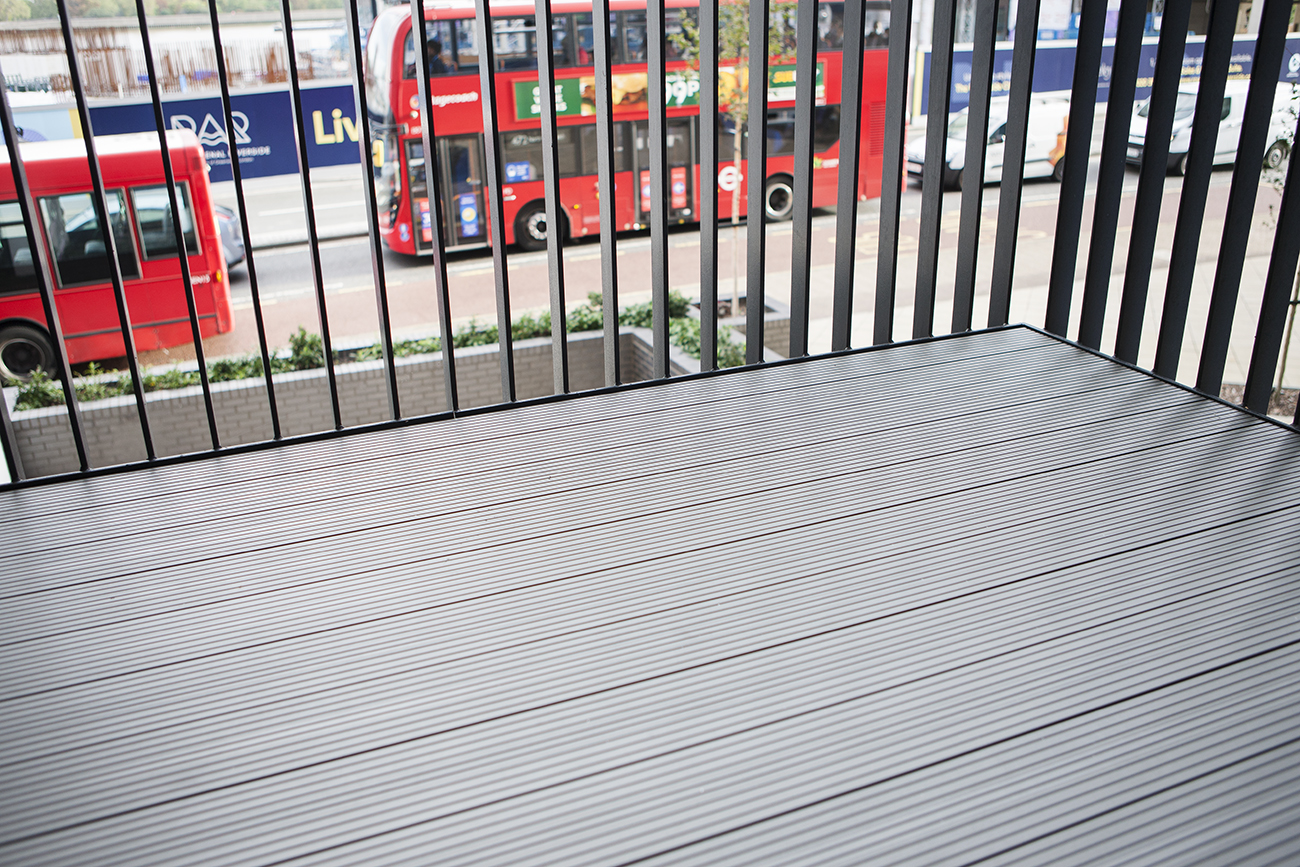
Latest Balcony Fires Related News

